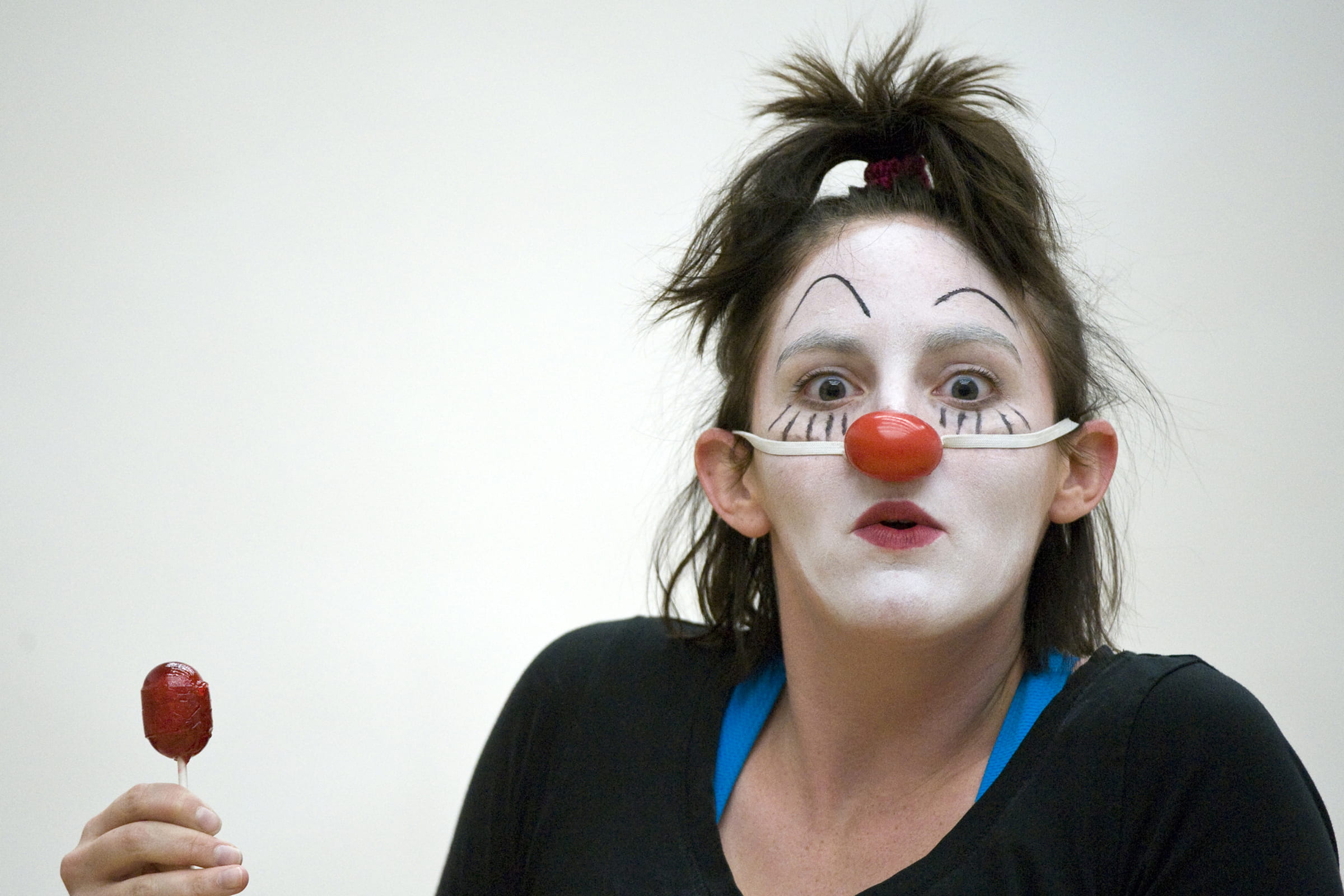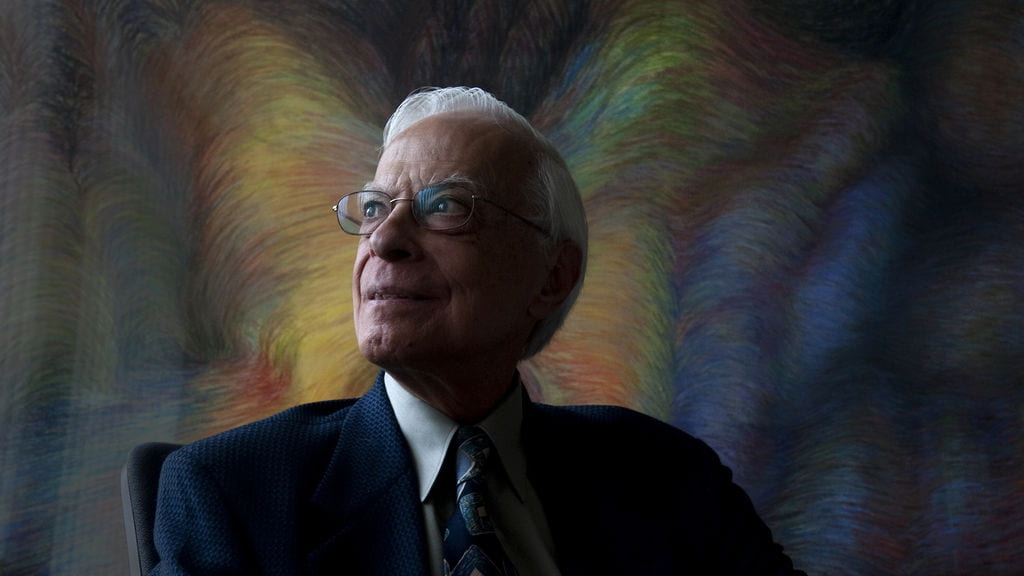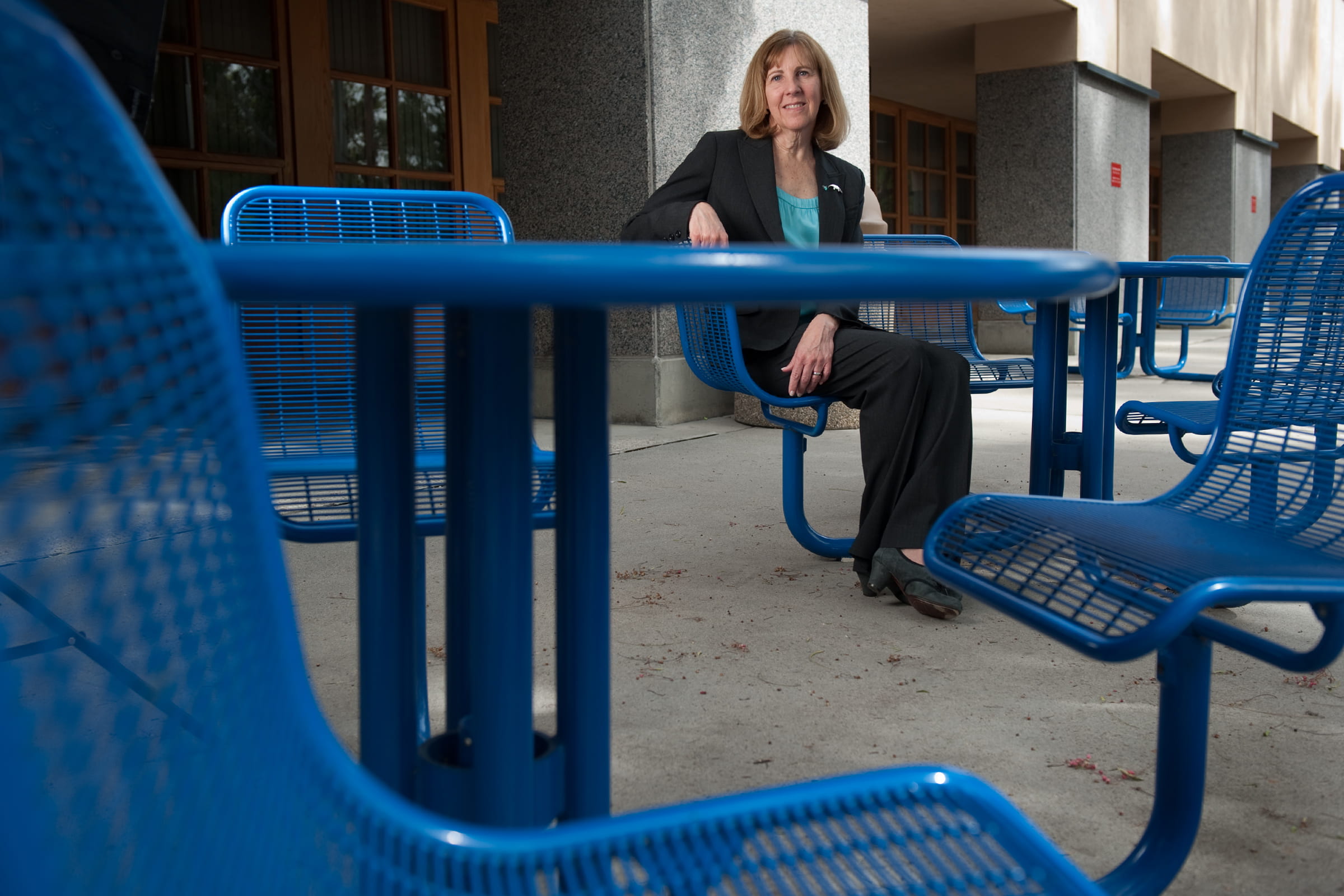Well versed

“Do not say anything against rhyme! It is a mighty goddess indeed, the deity of very secret and very ancient coincidences, and one must never let the fires on its altars burn out.” — Rainer Maria Rilke
They are small in number, the writers who have come to UC Irvine to study poetry through the master’s-level Programs in Writing. But they’ve made great contributions to the genre. To paraphrase Rilke, they’ve kept the fires on the altars of poetry burning.
There’s Yusef Komunyakaa, M.F.A. ’80, who won the 1994 Pulitzer Prize for his collection Neon Vernacular, and Allison Benis White ’96, M.F.A. ’99, an English lecturer at UCI, whose Self-Portrait with Crayon received the Cleveland State University Poetry Center’s prestigious First Book Award. (Hear Komunyakaa read “My Father’s Love Letters” and “Facing It.”)
And there’s Colette LaBouff Atkinson, M.F.A. ’90, Ph.D. ’98, whose recent compilation of prose poems, Mean, drew high praise from former U.S. poet laureate Robert Pinsky and other leading poets. Los Angeles Times reviewer David Ulin called the work “a heady mix of ideas and influences that reverberates like memory in the mind.” (Watch Atkinson read “Ghost Squad.”)
In fact, there’s an impressive roster of UCI poetry graduates who have earned national prizes, foundation residencies and university faculty posts. Their achievements suggest the poetry program is fulfilling its primary mission: “to train those who want to make writing poetry their life,” according to James McMichael, UCI founding faculty member and director of the M.F.A. program. (Hear McMichael, who has published several books and won numerous awards, read his poems, “Posited” and “The Believed-In.”)
Expectations run high for the select few admitted to UCI’s Programs in Writing, consistently ranked among the top five graduate writing programs in the U.S. by The Atlantic and other literary publications. Because of its reputation, hundreds of aspiring writers from across the country vie for entry. For 2010-11, of the 582 applicants only 12 were chosen, half of them in poetry.
“We get the very best students. They’re tremendously gifted,” says Michael Ryan, professor of English and creative writing whose New & Selected Poems received the 2005 Kingsley Tufts Poetry Award. (Hear Ryan read his poems “Reminder” and “Outside.”)
For students, the two-year program can be intimate and intense.
“You’re reading a lot, learning to write and working with wonderful poets,” says Atkinson, a visiting professor of poetry and acting director of UCI’s International Center for Writing & Translation.
“I came to the program when I was 22 because I wanted to write, I wanted to explore. It was very formative,” she says. “It made me want to keep teaching and writing poetry.”
Students attend small workshops in which they read and critique poems recommended by professors as well as their own works.
“You’re fair game from the time you come in,” McMichael says. “You don’t get any better without your peers and instructors identifying your strengths and weaknesses. They all seem to weather criticism pretty well.”
One of the program’s distinctive features is that the young poets don’t compete for dollars.
“Early on, the faculty decided to support all graduate students equally,” Ryan says. “Each is given a teaching assistantship, and no one is given more or less financial aid. As a consequence, the program’s ethos is cooperation and mutual encouragement.”
Because there are so few of them, students also get plenty of individual attention from the professors, all accomplished poets.
“I feel more like a guide than an instructor,” Atkinson says. “We spend time together trying to figure out what makes a good poem. We talk about what works and what doesn’t. Being able to talk about poems helps you become a better writer.”
Ryan says students learn by doing — and by observing what he and other poets do.
“I don’t tell them anything; I have conversations with them,” he says. “Writing poetry is a vocation — like a calling to a religious life — not a career. ‘Career’ means racecourse, and we’re not in the racing business.”
Most program graduates go on to write and teach poetry, immersing themselves in the medium while making a living.
“Poetry does not generate income in and of itself,” McMichael notes.
Even the greatest verse won’t earn the kind of money a best-selling novel will. Those who pursue the craft, though, just might create lasting works — more fuel for the fires of poetry.
Originally published in ZotZine Vol. 2, Iss. 7


